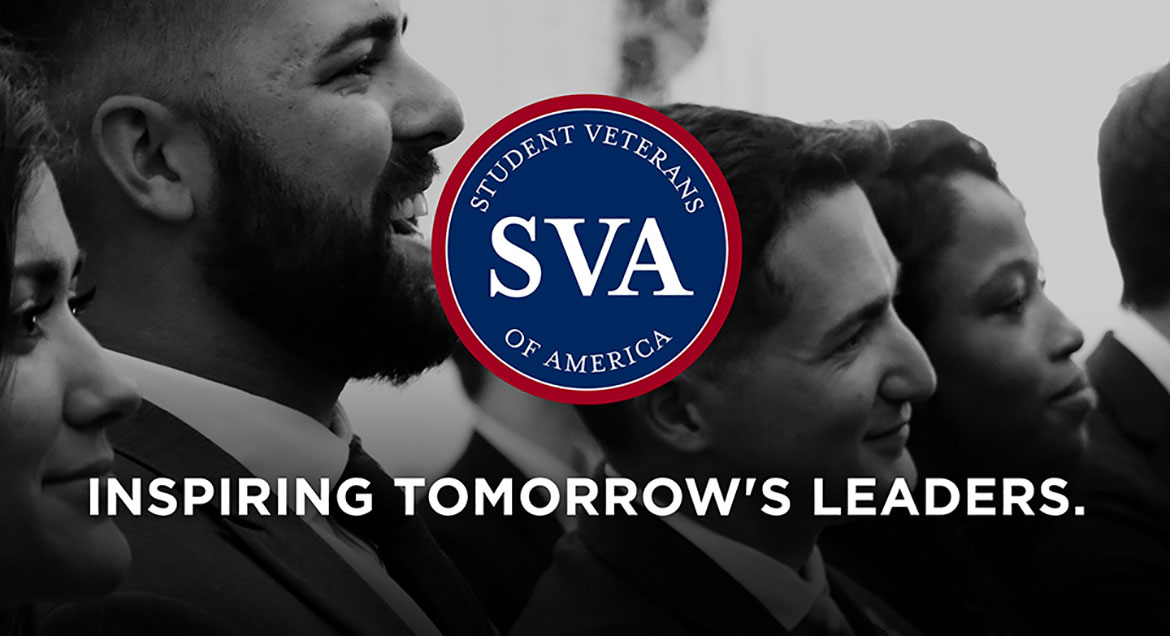Job Information
Patterson Pump Okuma 120-1 in Toccoa, Georgia
POSITION SUMMARY
Set up and operate machine tools to produce precision parts and instruments. May also machine and modify parts to make or repair machine tools or maintain industrial machines, applying knowledge of mechanics, shop mathematics, metal properties, layout, and machining procedures.
ESSENTIAL FUNCTIONS
Reasonable Accommodations Statement
To accomplish this job successfully, an individual must be able to perform, with or without reasonable accommodation, each essential function satisfactorily. Reasonable accommodations may be made to help enable qualified individuals with disabilities to perform the essential functions.
Essential Functions Statement(s)
- Calculate dimensions and tolerances using knowledge of mathematics and instruments such as micrometers and vernier calipers.
- Machine parts to specifications using machine tools such as CNC lathes.
- Measure, examine, and test completed units to detect defects and ensure conformance to specifications, using precision instruments such as micrometers.
- Set up, adjust, and operate machine tools to perform precision machining operations.
- Align and secure holding fixtures, cutting tools, attachments, accessories, and materials onto machines.
- Monitor the feed and speed of machines during the machining process.
- Study sample parts, blueprints, drawings, and engineering information to determine methods and sequences of operations needed to machine products and determine product dimensions and tolerances.
- Select the appropriate tools and materials to be used in preparation of machinery work.
- Lay out, measure, and mark metal stock to display placement of cuts.
- Observe and listen to operating machines or equipment to diagnose machine malfunctions and to determine need for adjustments or repairs.
- Check work pieces to ensure that they are properly lubricated and cooled.
- Maintain industrial machines, applying knowledge of mechanics, shop mathematics, metal properties, layout, and machining procedures.
- Position and fasten work pieces.
- Operate equipment to verify operational efficiency.
- Clean and lubricate machines, tools, and equipment to remove grease, rust, stains, and foreign matter.
- Program computers and electronic instruments such as numerically controlled machine tools.
- Set controls to regulate machining, or enter commands to retrieve, input, or edit computerized machine control media.
- Confer with engineering, supervisory, and manufacturing personnel to exchange technical information.
- Dismantle machines or equipment, using hand tools and power tools, to examine parts for defects and replace defective parts where needed.
- Support metalworking projects from planning and fabrication through assembly, inspection, and testing, using knowledge of machine functions, metal properties and mathematics.
- Confer with numerical control programmers to check and ensure that new programs or machinery will function properly, and that output will meet specifications.
- Evaluate experimental procedures and recommend changes or modifications for improved efficiency and adaptability to setup and production.
- Design fixtures, tooling, and experimental parts to meet special engineering needs.
- Comply with established safety policies and procedures. Wear required Personal Protective Equipment as directed. Use appropriate tools designed for their specific job tasks. Provide feedback related to hazard assessments and/or accident investigations.
- Act in accordance with Patterson's Company policies (ex. Harassment, Equal Employment Opportunity, Ethics, etc.).
- Regular attendance at work is an essential function of the job.

